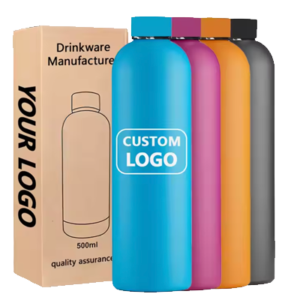Is it recommended to use disposable cups?
As more people become conscious of protecting the environment, disposable cups have become a hot topic of debate. While they may seem convenient and hygienic, their impact on our surroundings—and even our health—can no longer be ignored.
Table of Contents
ToggleWasting Valuable Resources
Making disposable cups requires significant amounts of water, wood, and chemicals. These resources are not only finite but their extraction and processing harm our environment. What’s worse, these cups are often used for just a few minutes before being tossed away, making this a wasteful cycle.
Pollution from Disposable Cups
When thrown away, disposable cups contribute to pollution. Many end up in landfills, taking decades—or even centuries—to decompose. Others are discarded carelessly, littering our streets, parks, and waterways. This waste doesn’t just ruin the beauty of our local environment; it can also harm wildlife and disrupt ecosystems.
Hidden Health Hazards
It’s not just the environment that suffers—our health is at risk, too. Disposable cups, especially those made of plastic or foam, often contain harmful chemicals. These substances can leach into our drinks and pose a danger to our well-being.
For instance:
- BPA (Bisphenol A): Commonly found in plastics, BPA can disrupt hormones and is linked to health issues such as obesity, cardiovascular diseases, and reproductive problems.
- Styrene and Other Chemicals: Foam cups can release substances that irritate the skin, eyes, and respiratory system. Long-term exposure may even lead to chronic health concerns.
To protect our health and environment, we can take simple but meaningful steps:
- Switch to Reusable Cups: Reusable options like stainless steel or glass cups are durable, safe, and eco-friendly.
- Opt for Safer Disposables: When disposables are unavoidable, choose biodegradable or chemical-free options.
- Support Policies and Businesses: Encourage local governments and companies to promote environmentally friendly alternatives.
Every Effort Matters
Here in our community, we all share a responsibility to reduce waste and preserve our surroundings for future generations. By choosing sustainable alternatives and being mindful of our consumption, we can make a real difference. Let’s work together to keep our environment clean, safe, and beautiful.


